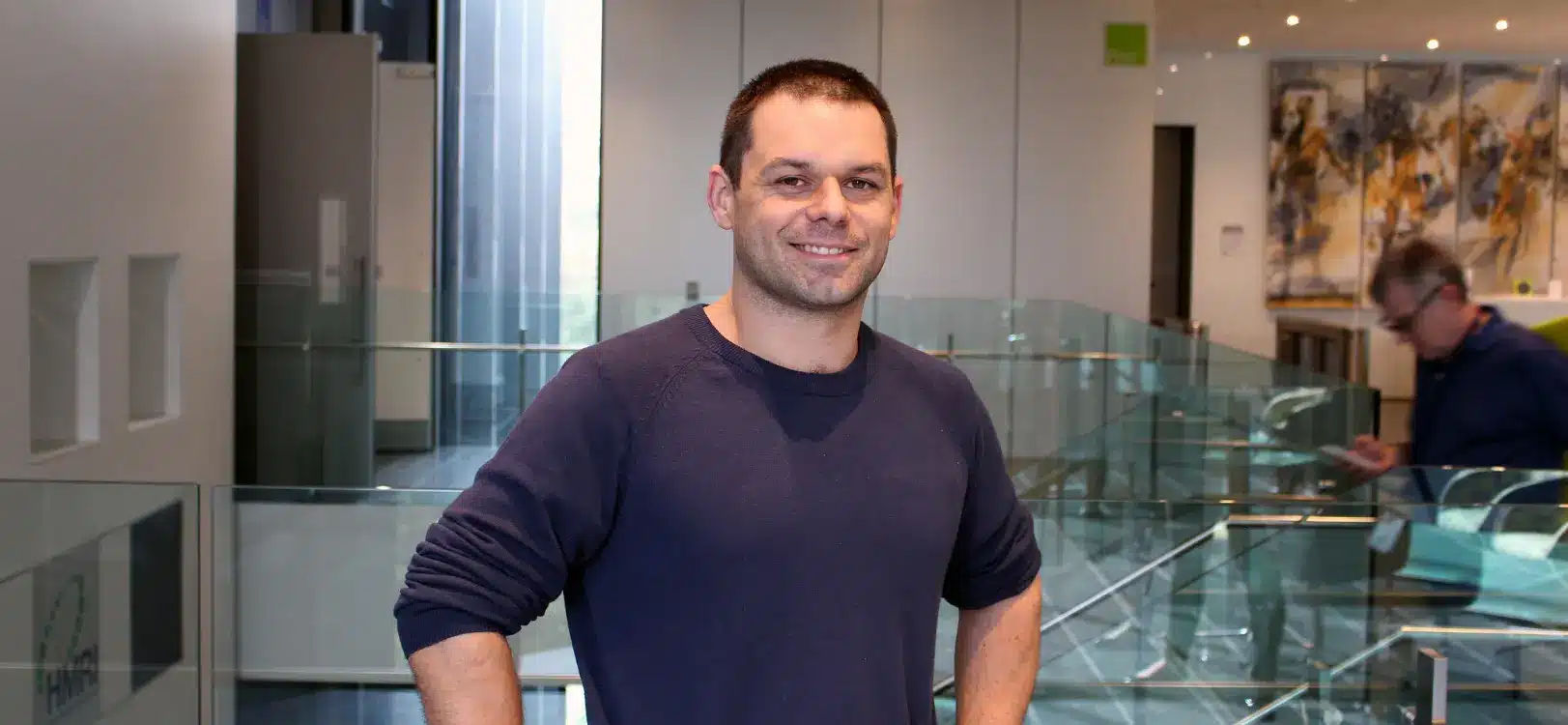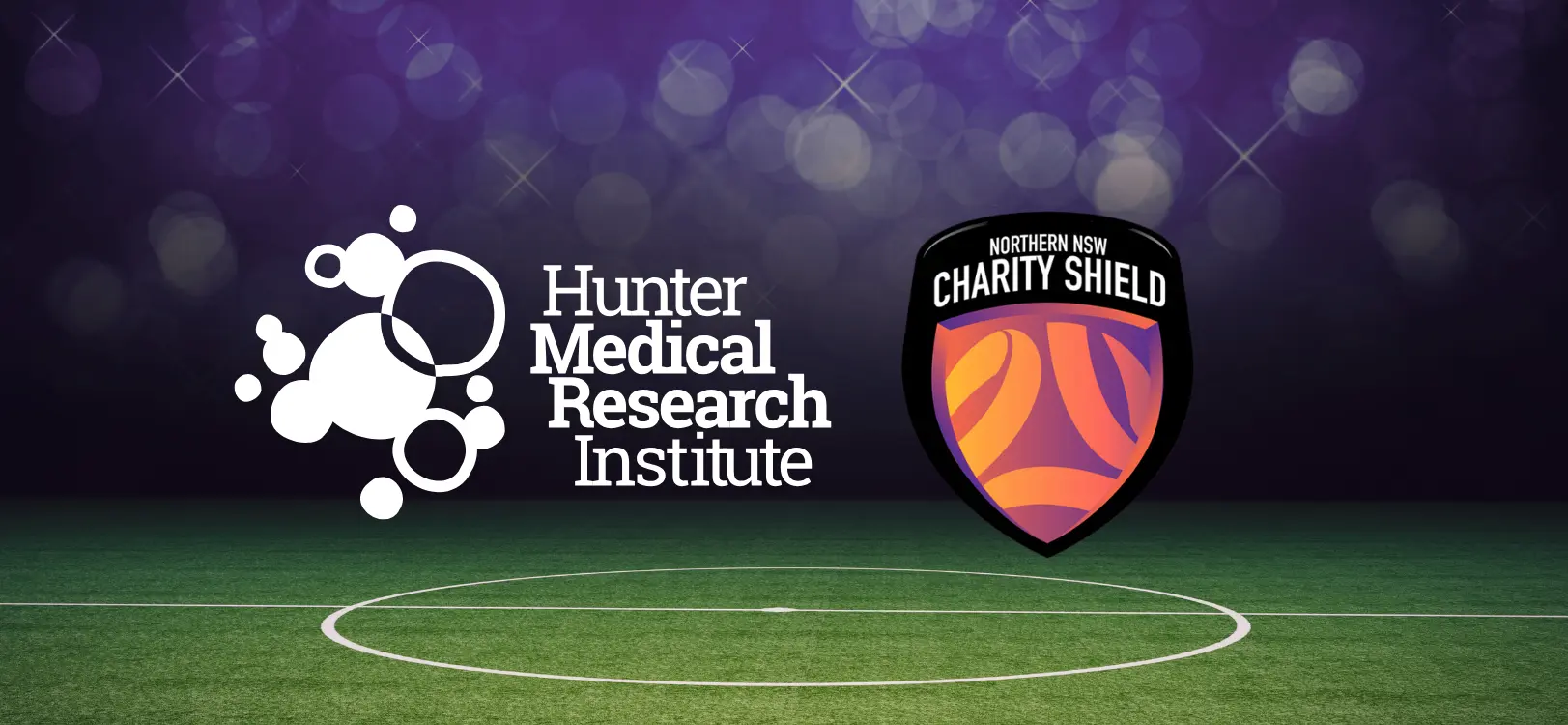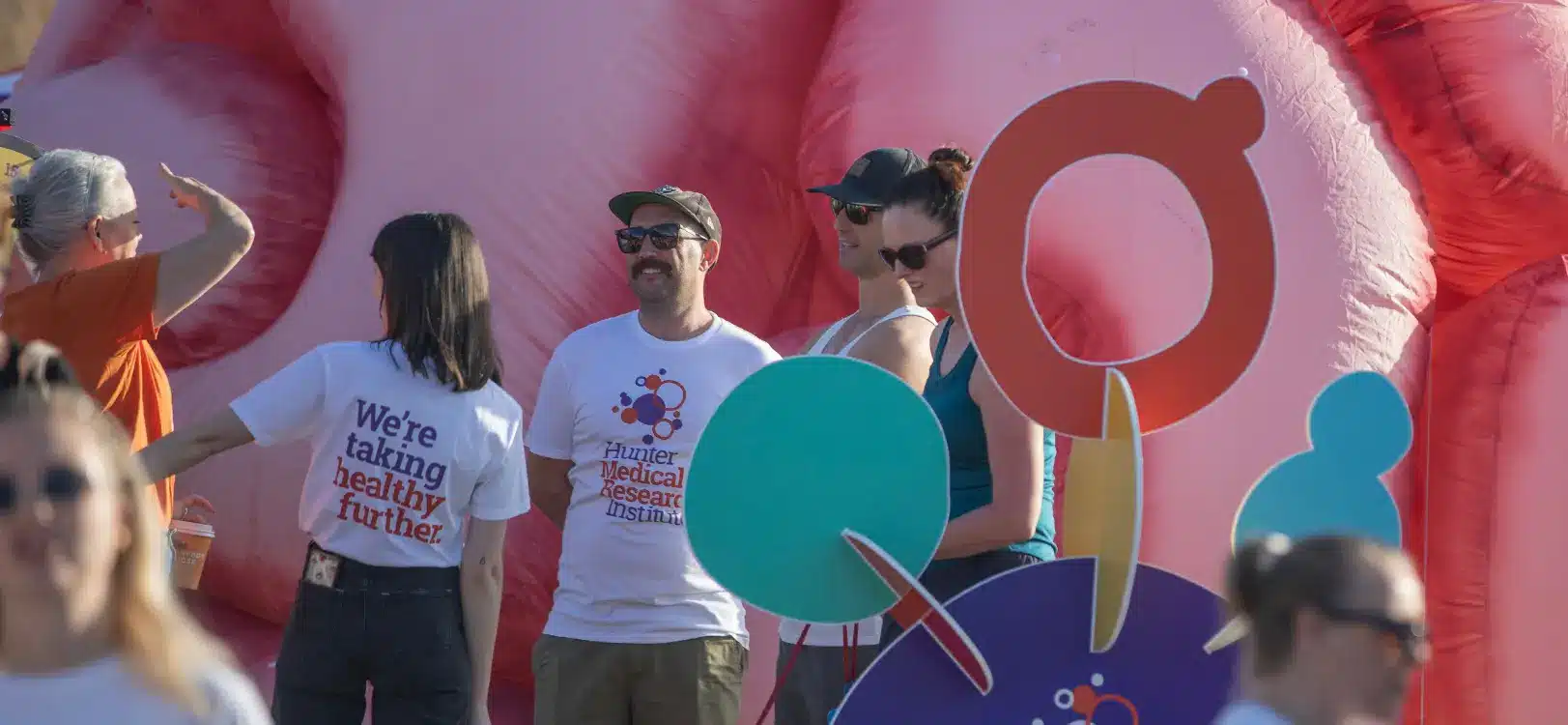Christopher Levi is an academic stroke neurologist, Fellow of the Australian Academy of Health and Medical Science, the Executive Director Research and Innovation, Chief Clinical Information Officer and Director of the John Hunter Hospital Health and Innovation Precinct (JHHIP), Conjoint Professor of Medicine University of Newcastle and between 2017-2021, Professor of Neurology at University New South Wales and Executive Director of one of Australia’s Advanced Health Research and Translation Centres – the Sydney Partnership for Health Education Research and Enterprise (SPHERE).
An experienced partnership leader in applied research and research translation he is currently establishing key elements of a learning health system in the LHD.
In prior roles he established Hunter New England Health’s Acute Stroke Services and Stroke Research Group, pioneered telestroke care in NSW, led the roll out of acute stroke units across NSW, established the HNE Research and Translation Directorate and NSW Regional Health Partners Centre for Innovation in Regional Health.
He continues a research career in stroke and concussion with clinical academic appointments at John Hunter Hospital/University Newcastle focusing on investigating new avenues for stroke reperfusion therapy, novel therapies in stroke recovery, and implementation of best evidence practice in stroke and concussion care.
Service as a director
Appointed to HMRI Board 1 April 2021
Other current directorships in public and significant companies and institutions
- Director, Newcastle Brain Centre, Lake Macquarie Private Hospital
- Director, CXDC Pty Ltd trading as CXDX Connected Diagnostics
- Independent Concussion Neurology Consultant to the National Rugby League, Australian Football League and Cricket Australia.








